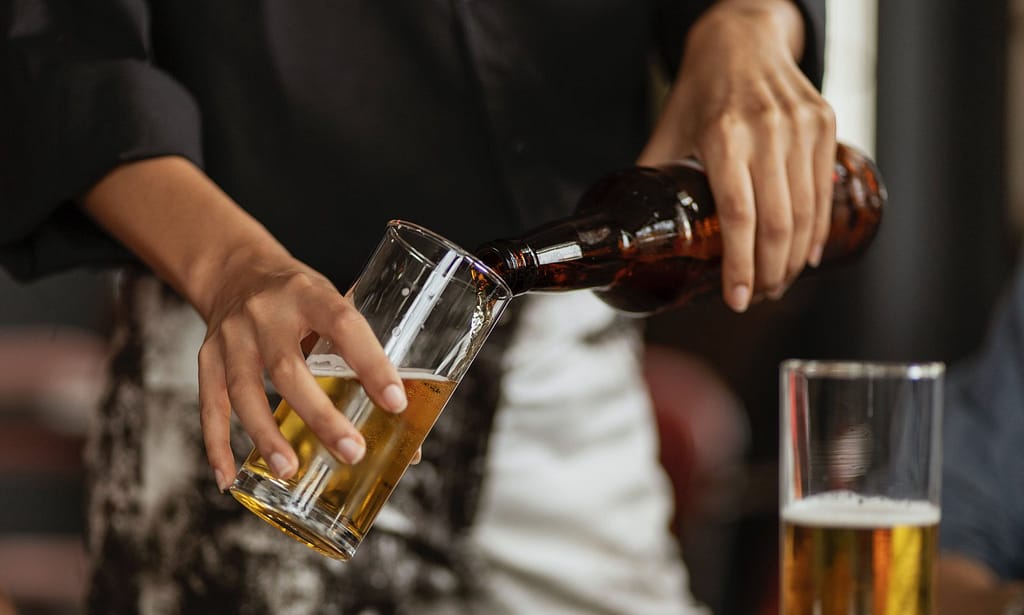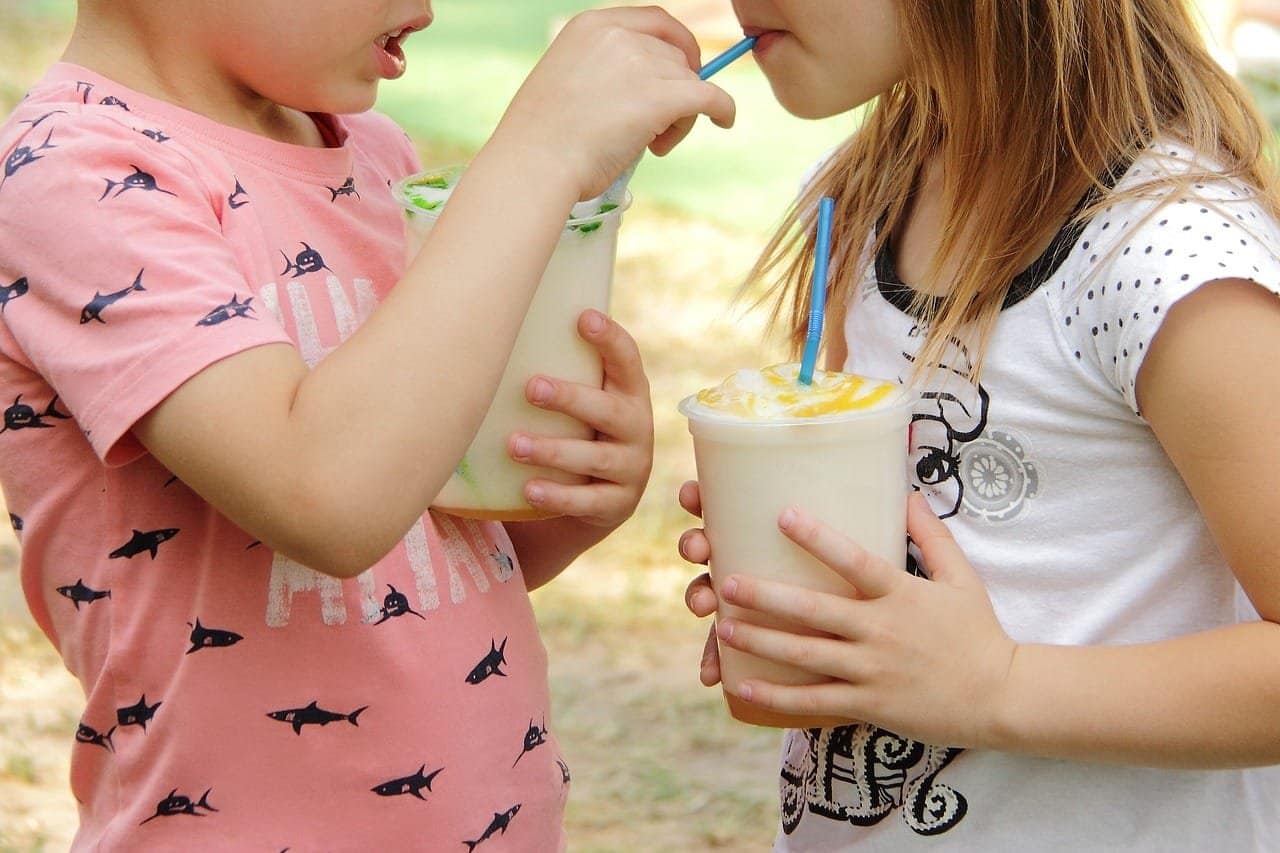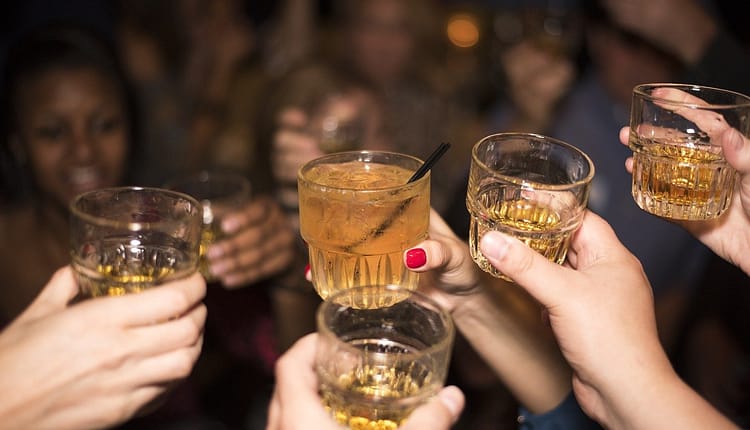As we step into 2024, we’re at the crossroads of two compelling cultural shifts. Consider the rise of sober curiosity and mindful drinking. These movements mark new awareness regarding the impact of alcohol on health and well-being. Sober curiosity encourages exploring life without alcohol, while mindful drinking focuses on conscious and moderated alcohol consumption.

What is Mindful Drinking and How is it Different in 2024?
- Mindful drinking in 2024 emphasizes a conscious approach to alcohol consumption. Individuals make deliberate choices about when and how much to drink. This trend has evolved to incorporate more awareness of health and well-being. These have been influenced by a growing preference for non-alcoholic alternatives, especially among younger generations.
How Has the Sober Curiosity Movement Influenced Drinking Habits?
- The sober curiosity movement, gaining momentum in recent years, encourages people to question their relationship with alcohol and explore life without it. This shift has led to a significant change in drinking habits. More individuals are opting for alcohol-free lifestyles or periods, motivated by health benefits and a desire for greater mental clarity and improved well-being.
What are the Popular Non-Alcoholic Beverage Trends Among Gen Z in 2024?
- In 2024, Gen Z is leading the charge in popularizing non-alcoholic beverages. There’s a growing demand for sophisticated, adult-oriented soft drinks, alcohol-free spirits, also crafted non-alcoholic beers. This trend reflects Gen Z’s preference for health-conscious choices and their impact on the beverage industry, emphasizing quality and variety in alcohol-free options.
The Cultural Evolution of Drinking in 2024
Understanding the changing dynamics of alcohol consumption begins with recognizing the cultural shift. In the U.S., a significant portion of the population traditionally viewed drinking as integral to social life. However, this is changing, especially among younger demographics like Gen Z, who are increasingly interested in non-alcoholic options .
The American Shift Towards Alcohol Moderation
The sober curious movement has seen a rise in awareness, with one in four Americans engaging with the concept and 34% attempting to reduce alcohol consumption. The popularity of alcohol-free beers, wines, and spirits reflects a broader societal trend towards moderation.
Motivations Behind Reduced Alcohol Consumption
Personal preference and health considerations are leading reasons for choosing not to drink. Interestingly, these motivations show a gender variation, with health being a more significant factor for men.
Social Drinking and Reduction Attempts
About 28% of drinkers have tried to lower their alcohol intake, often choosing to do so abruptly. A considerable portion of the sober curious community is seeking alcohol-free social environments
The Generational Embrace of Mindful Drinking
More than a quarter of Americans, particularly within Gen Z, consider themselves mindful drinkers. This generational shift is indicative of a broader change in attitudes towards alcohol consumption
2023’s Influence on Today’s Drinking Trends
The low-alcohol and adult soft drinks market saw significant growth in 2023, a reflection of the shift towards mindful consumption. In the UK, over half of consumers admitted to actively moderating their alcohol intake, leading to an increase in quality no/low alcohol beverages
The Post-Covid Health Conscious Consumer
The demand for low and no-alcohol beverages stems from an increased health consciousness post-Covid, as consumers become more mindful of their dietary choices
The Youth’s Role in Shaping Drinking Habits

The influence of younger generations, particularly Gen Z and Millennials, on drinking culture is profound and multifaceted. These groups are redefining what it means to socialize and relax, moving away from traditional norms that centered around alcohol consumption
Generational Shifts in Attitudes Towards Alcohol
- Prioritizing Health and Well-being: Younger generations are increasingly health-conscious, placing a high value on both physical and mental well-being. This health-centric mindset is a significant factor in their drinking choices. Many prefer lower-calorie, non-alcoholic options or drinks that align with their dietary preferences, like gluten-free or vegan options.
- Social Media and Digital Influence: Gen Z and Millennials are the first generations to grow up in a digital world, where social media significantly influences lifestyle choices. Platforms like Instagram, Snapchat, and TikTok showcase a wide array of lifestyles, including those that emphasize sobriety or minimal alcohol consumption. Influencers promoting sober living or mindful drinking can have a considerable impact on their followers’ drinking habits.
- Economic Considerations: Economic factors also play a role. Many young people face financial constraints due to factors like student loans and the rising cost of living. Spending on alcohol can be seen as less of a priority, leading to more mindful spending habits when it comes to leisure and socializing.
- Changing Social Scenes: The traditional bar scene is less appealing to many in these generations. They often prefer gatherings where alcohol is not the main focus, like coffee shop meetups, outdoor activities, or wellness-centered events. This shift has led to the emergence of alcohol-free bars and events, catering to this new preference.
- Mental Health Awareness: With a greater openness about mental health issues, young people are more aware of alcohol’s potential negative impact on mental well-being. This awareness influences their decision to reduce alcohol consumption or abstain altogether.
- Innovation in Beverage Choices: Responding to these changing preferences, the beverage industry has seen a surge in creative, non-alcoholic alternatives that appeal to younger consumers. From craft non-alcoholic beers to sophisticated mocktails, these options provide the experience of enjoying a drink without the alcohol content.
- Environmental and Ethical Concerns: Younger generations are also more likely to consider the environmental and ethical impact of their consumption choices. This perspective extends to their drinking habits, with a preference for sustainably produced and ethically sourced beverages.
Action Steps Towards Mindful Drinking and Sober Curiosity
Experiment with Non-Alcoholic Beverages
Delve into the diverse world of non-alcoholic drinks. The market offers a plethora of options, ranging from non-alcoholic beers to sophisticated soft drinks, catering to all tastes.
Educate Yourself on Mindful Drinking Principles
Learn about mindful drinking to enjoy alcohol responsibly. Focus on the quality of your experience, understanding moderation and its benefits.
Join the Sober Curiosity Community
Participate in events or online groups supporting alcohol-free lifestyles. Such engagements can enrich your social life without alcohol being the focal point.
Advocate for Inclusive Drinking Options
Promote inclusivity by encouraging local venues to offer diverse non-alcoholic choices. This not only supports those opting for alcohol-free options but also fosters a culture of mindfulness.
Share Your Mindful Drinking Journey
Inspire others by sharing your experiences with mindful drinking or sober curiosity. Utilize platforms like social media or blogs to discuss your insights and challenges.
In 2024, the intersection of sober curiosity and mindful drinking signals a transformative phase in our societal relationship with alcohol. By taking these actionable steps, we contribute to a future where choosing to drink or not is a conscious decision, balancing wellness with enjoyment.

